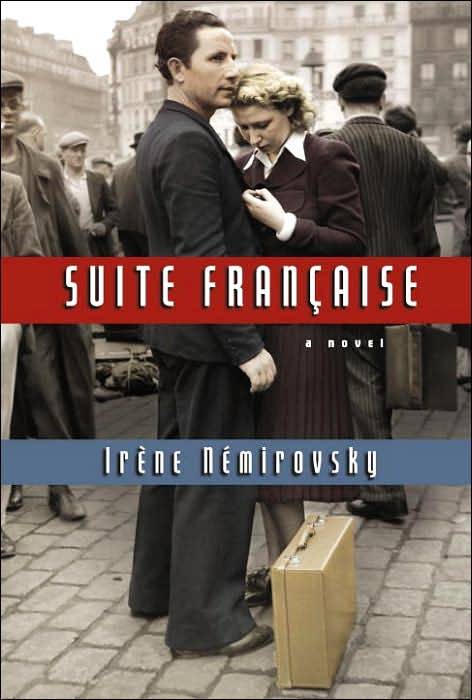
Director’s Notebook
April, 2009
There are few events in history that have generated so much writing, analysis, film, and commentary as World War II, and in particular that horrific event known as the Holocaust. It is very painful to read of the struggles of Jews and others caught up in the maelstrom of Nazi propoganda and violence, yet often books on WWII and the Holocaust are inspiring rather than depressing.
Such is the case of Suite Francaise by Irene Nemirovsky. This work of fiction works on many levels to engage us and make us care about the characters and their various fates. The book itself has a long and complex history, worthy of its own memoir.
Irene Nemirovsky was a young, talented, well-to-do Russian who fled her native country during the revolution there. She settled eventually in France where she worked hard to establish herself in the top tier of writers of fiction and non-fiction. She did not particularly think of herself as a Jew and therefore did not take immediate alarm or try to flee as the guns of Germany began their first fatal rumblings. She thought that her fame and success as a writer would protect her.
She was wrong. Very sadly, both she and her husband would die in concentration camps at separate times. Before being imprisoned, Nemirovsky did manage to hide her unfinished manuscript to Suite Francaise. Many decades later it was discovered by her daughter Denise Epstein and finally published to universal renown.
Although unfinished, Suite Francaise is a major and timeless work of literature. It tells the story of French men and women who struggle to adjust to the invasion of their defeated country by the Germans. In many cases the French of the countryside seem to accept their conquerors with Gallic stoicism, yet anger and resentment are simmering very close to the surface, and often boil over into violence against the invaders; violence that is answered even more fiercely by the Germans.
Yet, despite or perhaps even because of the tenuous emotional balance that must be maintained between conquered and conqueror, love grows between some of the French women and some of the German men. In telling the stories of these ill- fated romances, Nemirovsky shows truly remarkable sensitivity and compassion towards young lovers of every nation. Although a Jew destined to be destroyed by the Nazis, she is able,with the unerring ability of a true artist, to understand that many of the young German soldiers were no more than boys, lonely and longing for the love and attention of their mothers, girlfriends, or wives.
Nemirovsky had thought out a good deal of Suite Francaise in her working notebooks, but she was never able to complete the entire novel. What we have is writing of the highest order, writing that moves us profondly, and makes us think deeply. Equally moving are the book’s appendices that include some of Nemirovky’s notes for future work, as well as a series of increasingly desperate letters from her husband, Michel Epstein to various friends and people in high places whom he hoped could save Irene after her deportation to Auschwitz. Perhaps the saddest of all is the hastily scribbled note she managed to write before her deportation:
“My dearest love, my cherished childlren, I think we are leaving today. Courage and hope. You are in my heart, my loved ones. May God helps us all.”
Suite Francaise is unforgettable, as is Irene Nemirovsky




